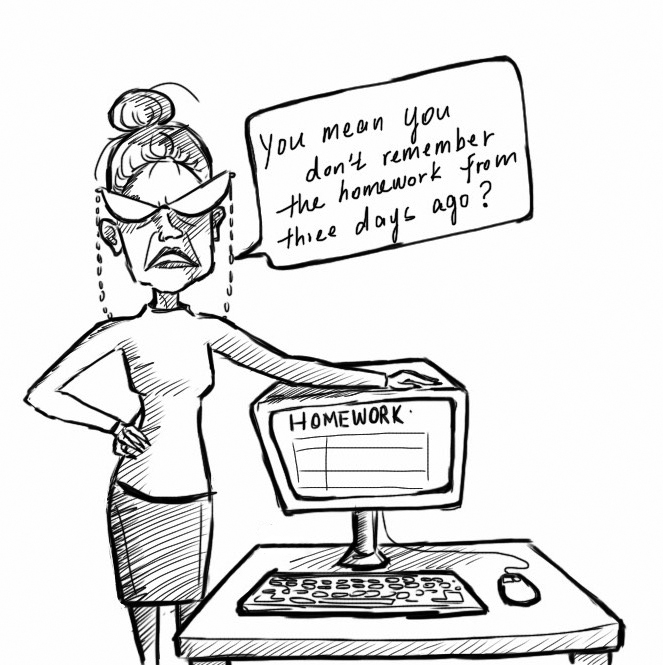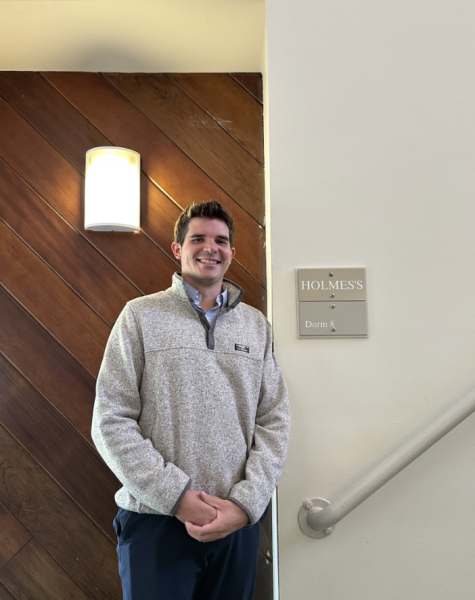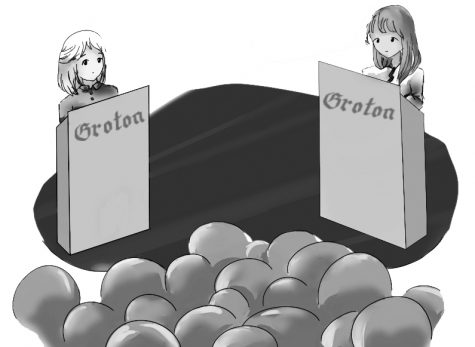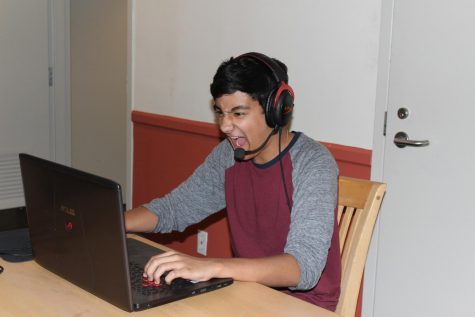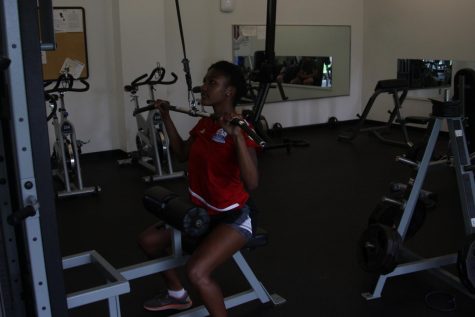What Happens to Teacher Evaluations?
Teacher evaluations seem to play very small roles in students’ lives. We get the pieces of paper with a couple of generic questions about the course we took, we scribble down some answers, turn them in, and forget about them. But what happens after we hand in the evaluations? Who looks at them? Are they really anonymous? And how do teachers use this information?
The process for this is largely the same regardless of the department of the class being evaluated. Anonymous responses are given to the department head, who looks them over and then reviews them with the teacher. The anonymity is taken very seriously; Visual Arts Department Head Monika Andersson says that she is “very careful to keep the process anonymous, in order for students to feel safe in leaving frank comments…” World Languages Department Head Rebecca Stanton directs that the teacher being evaluated leave the room while students write fill out the survey. Madame Stanton then reviews the evaluations, as do the other department heads, and waits until grades and terms comments are submitted to review evaluations with teachers.
Most term classes submit evaluations at the end of the term and year-long classes write evaluations once a year. While this is generally done at the end of the year, the Performing Arts department plans to do evaluations mid-year in order to better respond to student feedback.
Once the teachers receive the feedback, they try to make positive changes to the course. Ms. Andersson says, “I find the evaluations to be useful, in that they help me fine-tune my classroom procedures and to find out about the students’ reactions to particular assignments and tasks.”
Madame Stanton uses the information to “eliminate boring exercises” and find out students’ opinions on the literature they read. The World Languages department also discusses these evaluations among themselves so colleagues can adopt effective techniques from each other.
Further than assigned work, evaluations can also lead to modifications to teaching style. “What we’re looking for is constructive criticism…about the materials we use and also about us as teachers,” says Madame Stanton.
Even though it only takes us a few minutes to fill out the evaluations, they are an important part of improving classes at Groton. Teachers want to make sure that the classes are both fulfilling and engaging; “That’s why it’s important to us,” says Madame Stanton. “Because we have an idea of how we want to teach a class, but we want to make sure the reception is positive.” So next time your teacher hands you an evaluation, give it some thought – it is valuable information for the faculty.


